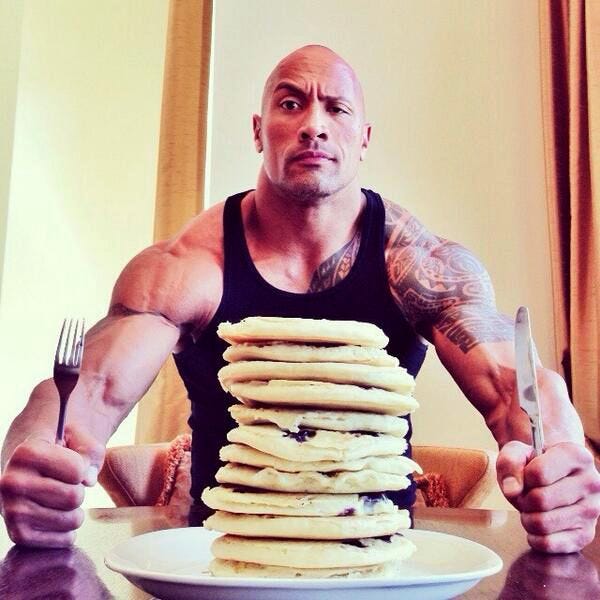3 Lessons from Extreme Dieting
Healthy body fat levels = living stronger for longer
The Highlander helps strength athletes and enthusiasts live stronger for longer. Join hundreds of fellow Highlanders on the journey:
12.7% to 6.2% Body Fat
Highlanders must occasionally take their bodies to extremes.
Maximal strength, extreme diets, aggressive cardio protocols. Extreme physical feats teach you more about your body than any amount of reading or research.
My most recent physical extreme was a diet. In prepping for my first bodybuilding show, my final DEXA scan before the show said I was 6.2% body fat. I started around 12.7% and lost about 20 pounds of fat.
Here are the three most important things I learned from that diet extreme.
Stay Strong, Keep Muscle
The biggest mistake the average person makes with dieting is they don’t implement an intelligent resistance program as part of the plan.
When you incorporate resistance training during a diet, you tell the body to maintain muscle mass because you need it to meet the demands of training. If you don’t give the body that signal, the body won’t discriminate between burning far or muscle. Yes, you’ll lose weight, but if you lose muscle with fat, you may not improve your body composition. You may even end up in a worse place than you started as muscle is more precious as we age.
Plus, a resistance training program gives you a rough way to measure whether you’re maintaining muscle during your diet or not. As a general rule, if your strength is staying the same or going up, you aren’t losing muscle.
My coach kept the same exercises and training structure throughout my entire diet. That gave me a target every week to add a bit of weight or a rep or two to my training to maximize my chances for maintaining muscle.
It worked.
My DEXA said I actually gained two pounds of lean mass from the start of my diet to the end.
Sloth Mode
When I was three months into my diet and pretty low body fat, walking upstairs or even standing up from a chair was an epic battle. My legs felt like they were in quicksand mixed with concrete. It’s hard to imagine how much your body would fight simple motion you’d never think about when you weren’t dieted.
I called it Sloth Mode.
The longer you diet, the more your body adjusts to try to counteract the caloric deficit you’ve created. Your body goes into survival mode. It assumes that calories are scarce, so it compensates by trying to down regulate things that cost calories including movement. Your body even reduces your metabolic rate.
Sloth Mode crept up on me after about two months of dieting. For a week or two, I suddenly stopped losing weight. It’s a common issue with diets. I wasn’t counteracting my body’s energy adjustments either fewer calories or more activity.
Since food is so precious on a diet, trying to encourage more movement should be the first line of defense from Sloth Mode. I increased my walking time from almost nothing to 20-30 minutes a day. That was enough to me get back on track and losing weight without adjusting food, at least until I got deeper into my diet.
A step counter is an even better tool to fight Sloth Mode. I added one later to monitor my activity and make sure I keep hitting my steps as Sloth Mode crept in.
Be a Glutton
The reason so many diets fail is that people hit a mental wall and they can’t eat the same boring foods to sustain the caloric deficit they need.
For extended diets, refeeds and diet breaks are critical.
A refeed is a single day where you take on higher calories, primarily through carbs in bodybuilding. A diet break is temporary period, a few weeks or months, where you eat a maintenance level of calories to maintain your weight and pause weight loss. Both refeeds and diet breaks help maintain sanity as you fight against hunger and fat.
When you’re in a sustained caloric deficit, it doesn’t take much of a break to feel like a glutton. On my refeed days, I went from 2,200-2,400 calories to close to 3,000. The extra 600-800 calories do a lot for flexibility in dieting. I ate pancakes and burgers for the first time in a while. Then I was ready to go back to dieting.
Be a glutton on your diet, get lean, and stay stronger for longer.
Disclaimer: The Highlander is an educational Substack about how to live stronger for longer. As with all exercise and health advice, consult with a doctor and/or trainer. This is not medical advice.



